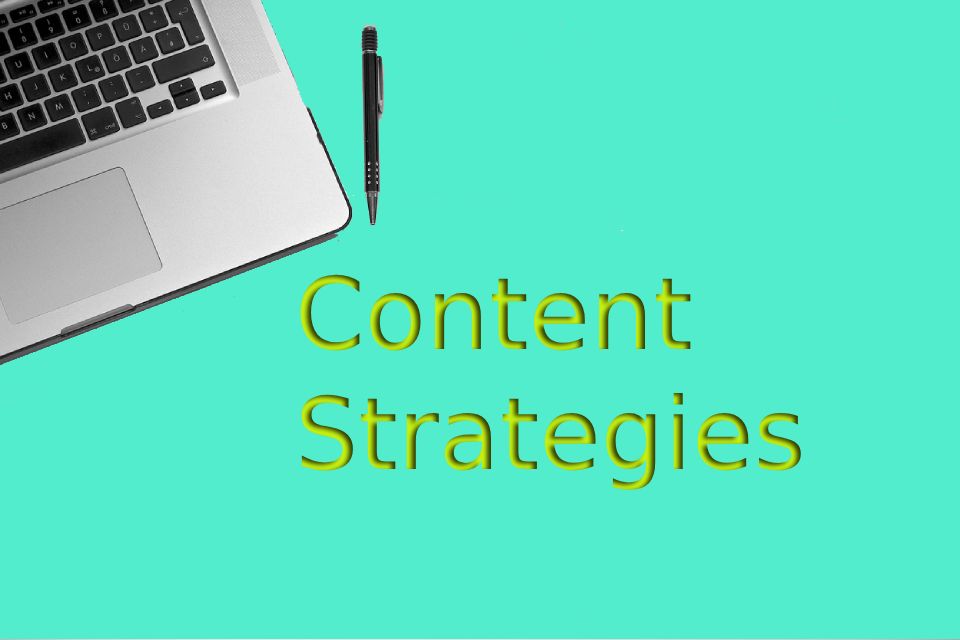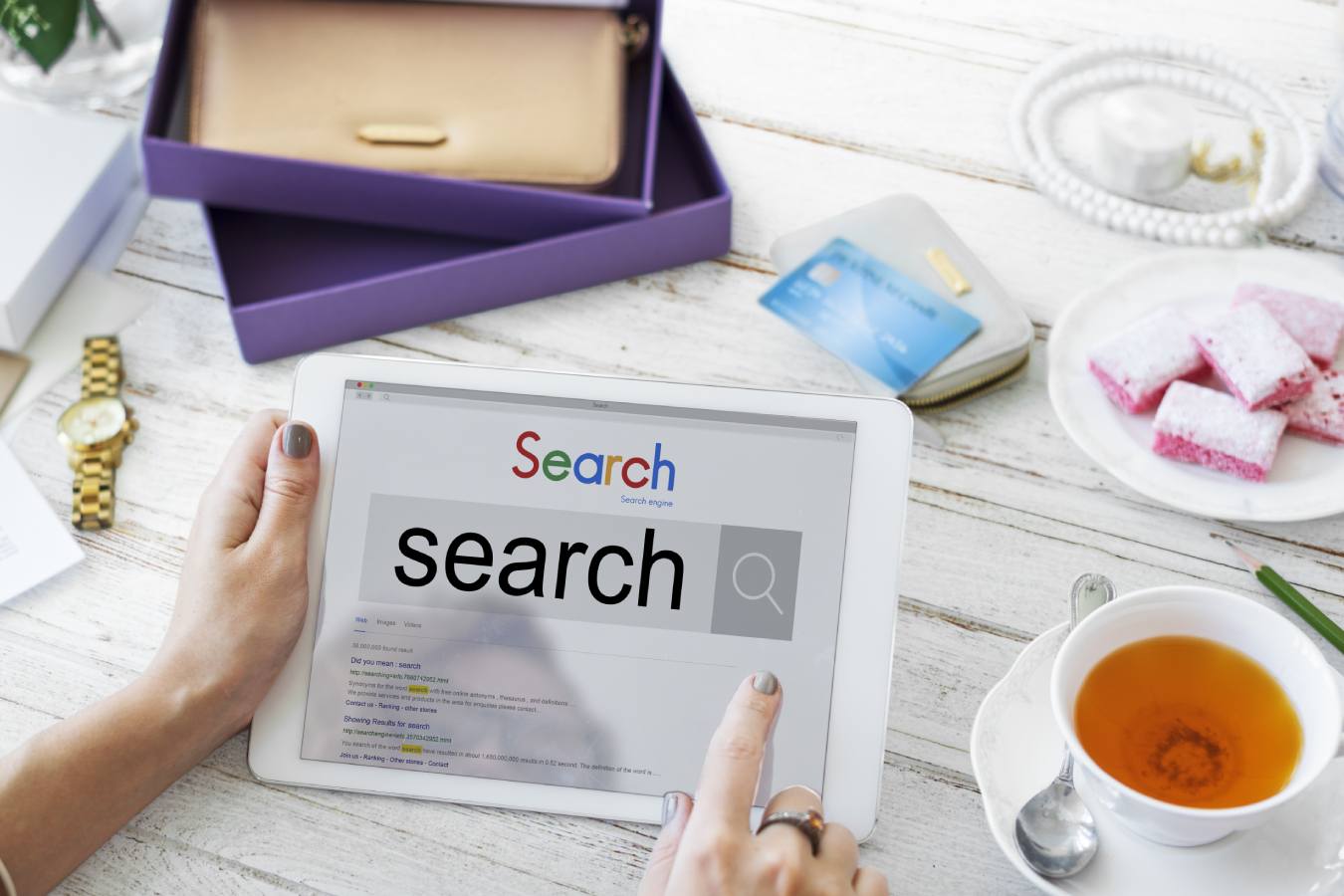Imagine walking down the street, spotting a beautiful woman, kneeling in front of her with a ring in your hand and asking her, “Will you marry me?” The answer would be clear, and she would send you straight (at best) to a psychiatric hospital.
It is exactly the same with brands. Your brand is a man with a ring in his hand; your customer is a beautiful lady. To get a lady to the altar (conversion, purchase of a product or service), you must first get to know her, build an image and trust, and simply date her (branding campaigns) and only then can you expect a positive response to your request by hand (sale).
Black Bubbly Drink. What Comes To Your Mind First?
Is it Coca-Cola, Pepsi Cola or Kofola? Each of us would think of a different brand, but we are convinced that it would be one of these three. The reason is long-term brand-building campaigns on television or online. Even if you may not remember the exact wording of the last advertisement, you can remember the specific brand.
Therefore, the next time you get a craving for a bubbly black drink, you will probably add one of the well-known brands to which you have built a relationship and trust in your basket at the supermarket. 99.99% of the time, it won’t be the RC Cola brand as it doesn’t tell you anything, and you have no connection to it.
What Does It Mean To Build A Brand?
This is a long-term process, the goal of which is to present your brand to the largest possible circle of people within the target group of customers. so that your brand is the first thing that comes to mind during their next purchase.
Effective brand awareness campaigns create a deep emotional connection between the product or service and the customer. Their task is to (develop) trust and a relationship, and this is more than the one-time discount, which we could compare to bribery.
8 Biggest Benefits Of Brand Building
Individual benefits intertwine, complement and depend on each other.
1. It will bring loyal customers
Since brand campaigns create a relationship, a bond, and an emotional connection between the customer and the brand, your brand will bring you returning customers for whom price will not be the main priority.
In addition, loyal customers tend to buy many more products in one purchase than (one-time) customers acquired from a sales campaign.
2. Increases market share
The more customers know about your brand, the bigger your share of the imaginary market pie.
Strong brand awareness is the reason why you don’t type “best running shoes” into the Google search engine when shopping but “Adidas, Nike or Puma sneakers”
Consumers buy (in the vast majority of cases) well-known brands with which they have developed a relationship over the years. The more such customers you get, the more prosperous your company will be.
3. Creates brand ambassadors
A brand that the customer knows and has built a positive relationship with will be recommended to colleagues, friends or family members.
In addition, there is a good chance that these newly acquired customers will become loyal customers, as a recommendation from a person they trust is, in their eyes, a guarantee of quality and a good purchase.
4. It helps create more valuable content.
The more customers know about your brand, the more data you can get about their purchasing behaviour (problems, needs, concerns, etc.).
In addition, a larger amount of relevant data will help you make more effective (more successful) campaigns in the future. In other words, you will be better able to make decisions based on real data and not impressions, which will be reflected in better business results.
5. Increases website traffic and interactions
And it doesn’t matter if your brand campaign runs on social networks or Google. The result is an increase in traffic and interactions in the form of:
- comments, shares, likes,
- watching videos
- reading articles,
- download e-books,
- visits to several sub-sites,
- webinar registrations.
6. Accelerates and increases sales
Customers do not like to take risks.
According to the study, brand awareness is extremely important for customers when choosing products or services.
The fact is that customers tend to prefer well-known brands, often regardless of the difference in quality or price.
7. Builds trust and rapport
We can all agree that the longer we know a person, the more we trust them. The same principle applies in the world of marketing: if we know a brand, we tend to trust it more than a new company launching a new product.
There is nothing surprising about it. Long-term interactions build trust and a relationship not only between two people but also between a brand and a customer.
Long-term trust and affection usually end in friendship, love or marriage, and in the case of brands, the purchase of a product or service.
8. It helps improve brand perception.
We cannot put an equal sign between the terms brand perception and brand awareness. The term brand perception expresses what emotions the customer associates with your brand. Does he trust her? Does he like it?
As you build your brand, you create a certain impression. If your customers perceive you positively from the beginning, your path to building a strong and prosperous brand will be easier.
Conclusion
Building a brand? Definitely yes. Why? Because a strong brand brings loyal customers who are behind most of the sales of almost every company.
Don’t forget sales campaigns, either. You will achieve the most optimal results if you invest approximately 75% of the budget in branding and 25% in sales campaigns.
Also Read: The 3 Essential Web Steps To Exist Online





